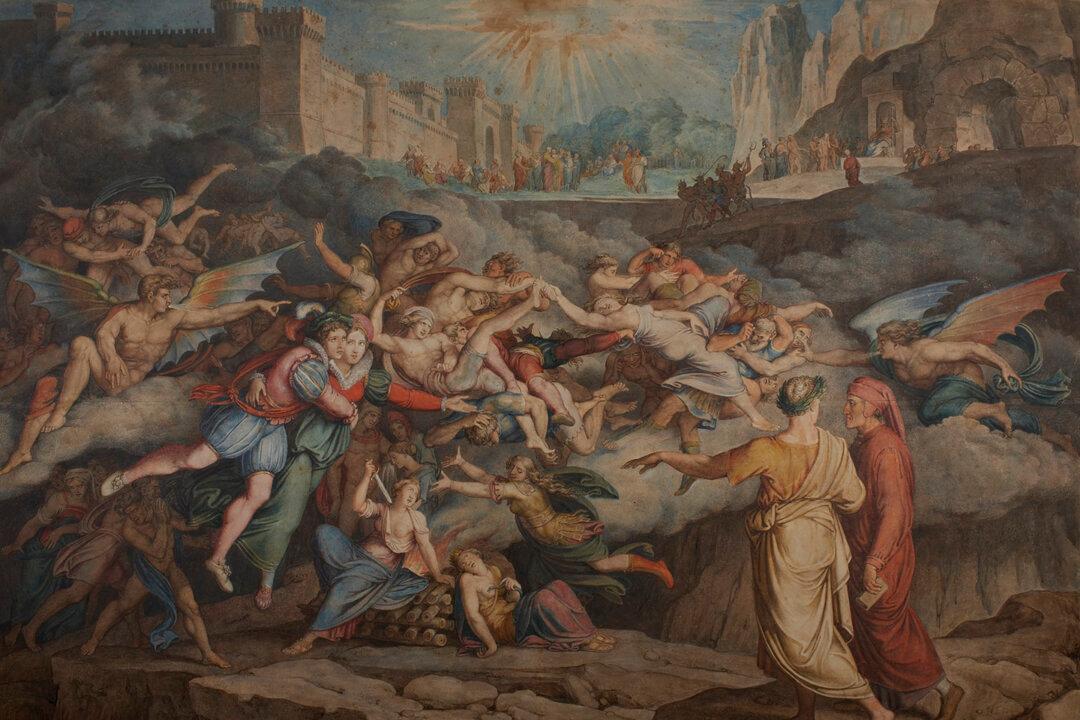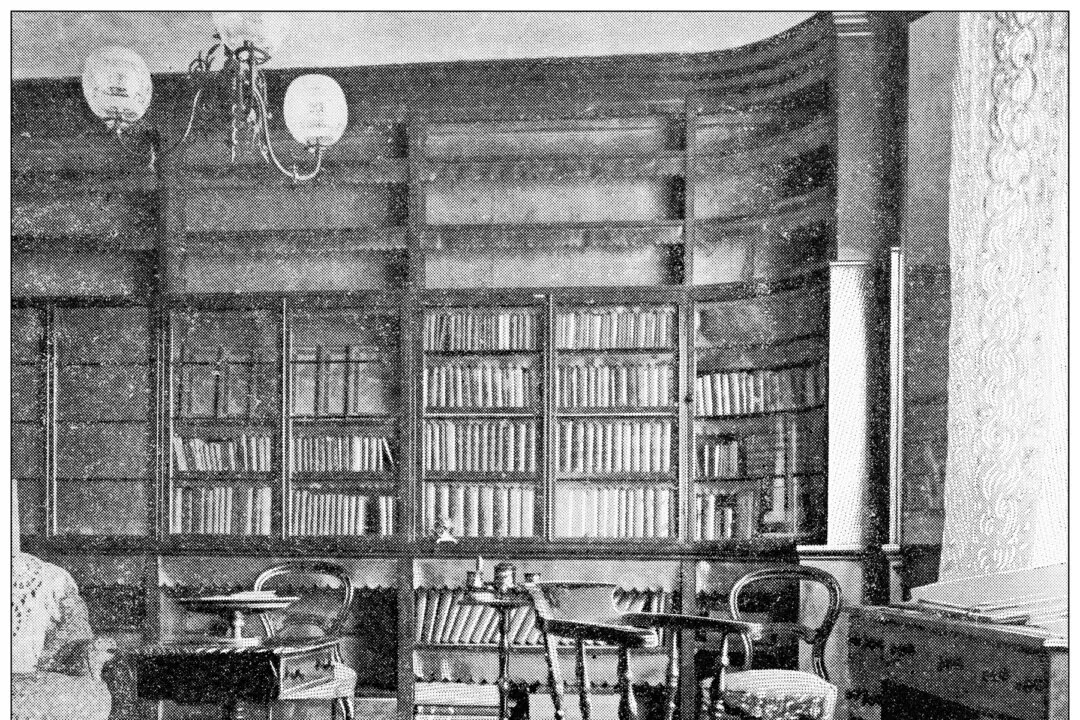Hell: The ultimate destination for those who’ve grown weary of package holidays to Kuta and fancy a change of scenery—preferably one with more torment and fewer hen’s parties.
It seems the people of Singapore have cottoned on to this untapped market, transforming their Hell’s Museum (the main attraction at the Haw Par Villa park) into a veritable Disneyland of damnation.






